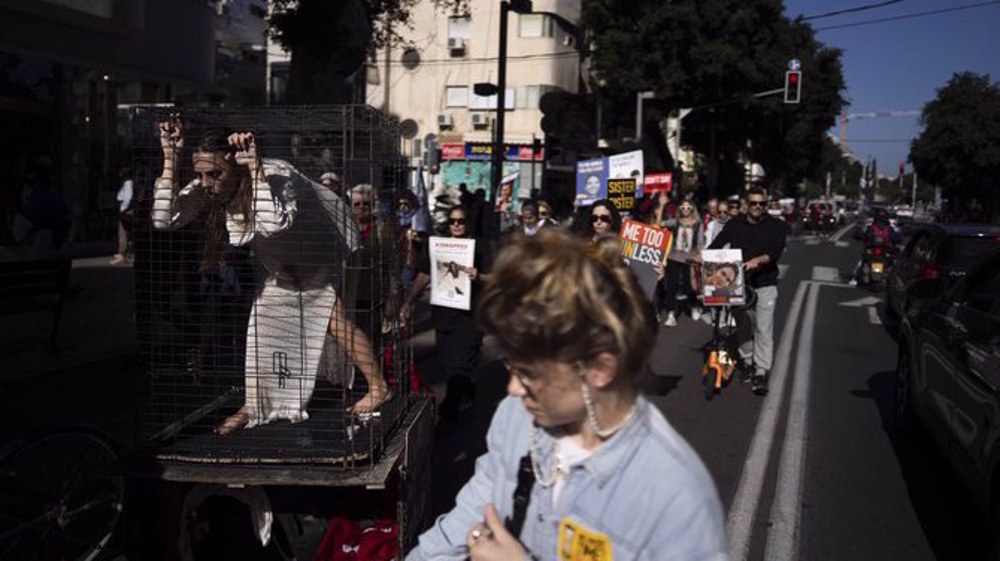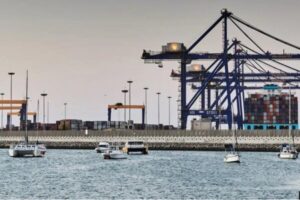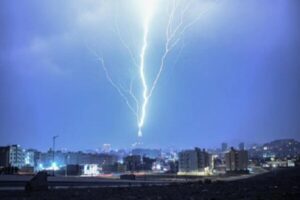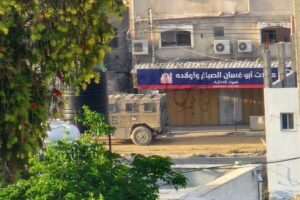Relatives of Israeli captives held by the Palestinian resistance movement Hamas in Gaza have held a protest outside the premier’s house, calling on the far-right cabinet to take “bold steps” to free the captives as the regime’s war against the besieged enclave rages on into a fourth month.
A group of protesters, representing families of the more than 100 remaining captives in Gaza, gathered outside Israeli Prime Minister Benjamin Netanyahu’s house on Saturday, expressing frustration over the regime’s lack of progress in getting the Israeli prisoners released.
They also expressed fear that Tel Aviv’s ongoing war in Gaza may further endanger the prisoner’s lives, saying they had “begged for 105 days” and now they demand that the regime takes bold steps to release them.
Former Israeli regime’s so-called Chief of the General Staff Gadi Eisenkot also called a ceasefire the only way to secure the captives’ release.
The prisoners “will only return alive if there is a deal, linked to a significant pause in fighting,” Eisenkot said.
Saturday’s protest is a sign of the pressures Netanyahu’s cabinet faces at home and abroad over the war in Gaza.
The Israeli so-called Prime Minister Benjamin Netanyahu is also under fire to appease members of his right-wing ruling coalition by intensifying the war against the blockaded territory.
Netanyahu has said he will push for “complete victory” against the resistance group Hamas but has not outlined how he would achieve it.
He has also insisted that the only way to secure the captives’ return is by “crushing Hamas through military means”. However, relatives of the remaining captives have escalated their campaign for a deal to free them.
The Israeli regime waged the war on Gaza on October 7 after Hamas carried out the surprise Operation Al-Aqsa Storm against the occupying entity in response to the Israeli regime’s atrocities against Palestinians.
Since the start of the aggression, Israel has killed more than 24,900 Palestinians, mostly women and children.
The Tel Aviv regime has also imposed a “complete siege” on the territory, cutting off fuel, electricity, food, and water to the more than two million Palestinians living there.
Back in November, fighting was paused and humanitarian aid was allowed to enter Gaza as part of a week-long humanitarian ceasefire, brokered by Qatar and Egypt
The truce also saw an exchange between 240 Palestinian abductees held by Israel and 105 war prisoners, including 81 Israelis and 24 foreigners, in Gaza.
Israel believes about 137 prisoners are still being held in Gaza, while there are thought to be 7,000 Palestinians in Israeli prisons, many detained without charge.




